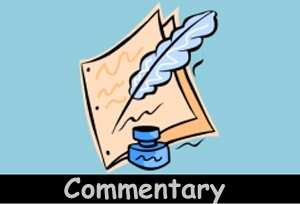
Editorial Desk:
Media report said Bangladesh has raised objection to India’s request for increased customs verification of country-of-origin (CoO) certificates of exports and attachment of a questionnaire to those in violation of SAFTA rules. Dhaka termed the Delhi’s measures a new type of non-tariff barrier which would hamper our export to India. Earlier reports said Delhi has proposed stationing customs officials in important Bangladesh customs stations to verify the trade documents. Delhi has said such measures would be reciprocal but actually it aims at discouraging our export to India.
Need no mention that India is already using anti-dumping duty on jute yarn export to India over the past three and a half years breaking the SAFTA rules which give preferential trade entry and also WTO rules. At a meeting of the Bangladesh-India Joint Working Group on Trade hosted virtually on February 16-17 Dhaka has sought remedies to these issues insisting it does not want to go to WTO for a remedy, because it sees mutual consultation as the best way.

Meanwhile India has raised the new issue regarding new certification of the country of origin of exports which mainly deals with origin of raw materials. Bangladesh produces huge apparel items using Chinese fabrics and is entitled to duty free market access. Delhi is now insisting on new customs verifications of exports but Bangladesh has said it can’t give India any sensitive trade documents under any other additional protocol. Posting customs officials in others territory or asking for additional trade documents other than required under common trade rules are unusual and seems to be an attempt of encroachment to our sovereignty. We would say our customs must oppose such pressure and though we have an Indian subservient government, we would say it must guard the country’s interest first.
Report said Delhi had enacted new Customs Rules-2020 last September. The rules have made it tough for countries having preferential deals to get tariff preference in India and evidently Bangladesh will be worst affected. The new policy is openly conflicting with the rules of origin under the South Asian Free Trade Area (SAFTA) but also under Asia-Pacific Trade Agreement and the duty-free quota-free business rules of the WTO. We would resist any Indian pressure to harm our export when our trade gap with India is too big and needs improvement.
We value our friendship with India but to make it meaningful India must also reciprocate. It should not be any unknown to India that India is as popular with the people as with the government. We are thinking of friendship in its right spirit.

